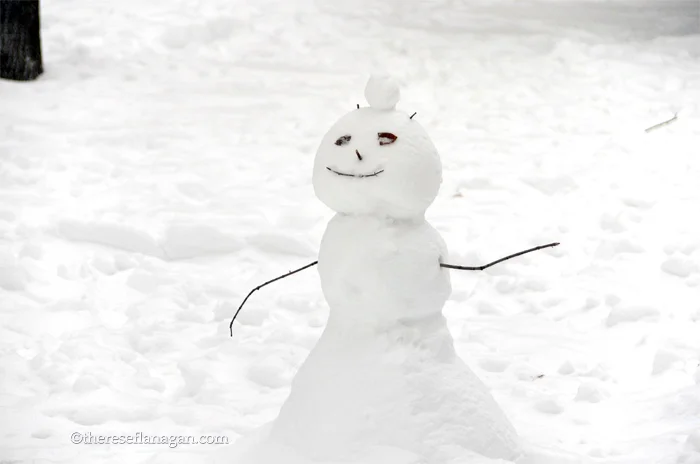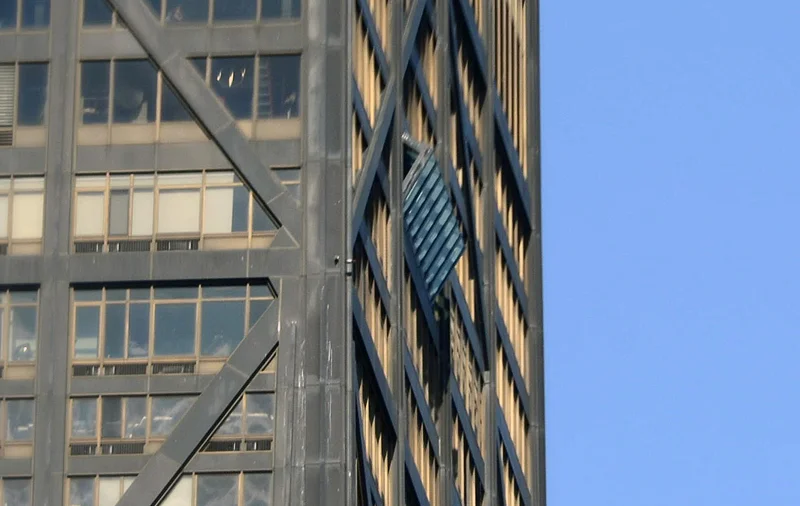Being Mortal, by Atul Gawande
I finished reading Atul Gawande's, _Being Mortal_; it gets 5/5 stars from me and it's recommended reading for all mortals. Gawande's point of view, as a physician, the son of physicians -- both his mother and father are doctors, as well as immigrants -- gives him a very compelling moral voice. The book was recommended to me by a friend, and it couldn't have come at a better time. He mixes professional and personal experiences with a deft hand. I really liked seeing how a surgeon approached communicating difficult news to a patient and the patient's family, just as I liked seeing how he handled it as a son. He does so with a knowledge that something vital is missing in the current way imminent death and the limitations of medicine are conveyed to the patient. Interspersed throughout the book are specific cases and outcomes, along with an examination of his own approach -- flooding the patient with information -- and how he could improve it for the sake of his patients' desires for their final days. He's able to weave his reflections on the current state of our ability / inability to face mortality with a brief history of hospitals; nursing homes; assisted living; and the latest iteration, continuance of care facilities. He also takes a look at Hospice care, honestly conveying his own misgivings about it, only to be won over by its objectives for making each day of the life that is left to someone a day worth living, when caring for his own father, who had become terminally ill. He clearly states the objectives of medical institutions and how often they are at odds with what's best for a patient, especially as it pertains to end of life issues. Medical practice, in general, still views death as the enemy, the enemy that relentlessly wins. By refocusing on the desires and values of the patient, a better death is within the realm of possibilities.
Being Mortal: Medicine and What Matters in the End, by Atul Gawande
American Voices with Renee Fleming
Kurt Elling singing Theodore Roethke's villanelle, The Waking
"Our lives begin to end the day we become silent about things that matter." ~MLK
Lunar Eclipse - 10.08.14 - Chicago
I woke up early and looked out the window. I didn't have time to set up the camera properly, but I wanted to get what I could. It was great to watch.
Can't Stop Running - Adam Ben Ezra
I love this!
Chicago Air Show 2014 - Blue Angels
Here are some shots from yesterday's events. The weather is not cooperating today; we're still fogged in and the show has been delayed.
This Happened: StoryCorps Story - “I was just another black face in the streets.”
Take a few minutes and listen to this story:
http://cdn.storycorps.org/wordpress/wp-content/uploads/landau.mp3
Blue Angel #2
June 2014 - Chicago Fog
Chicago Fog and Light Show - May 2014
Design Matters
Massimo Vignelli - Rest in Peace
Memorial Day 2014
My mom's two older brothers died six months apart in WWII. The death of two sons and brothers to war is an unspeakable loss for a family. My thoughts and prayers are with all military families today.
My mom still shares stories with me about her brothers. They were much loved.
I wrote this poem about the day the family was notified about Jimmy's death.
Cry Uncle
This would be the first time it would happen,
The second time would come in just six months.
My grandmother stood at the kitchen sink,
Cleaning up after endless meals; why not endless?
There was a window, always a window,
It was wide open, wide open in June,
And they came, the ones they send to tell you –
There was a plane, some maneuvers, a crash,
No survivors, sincere apologies --
And they came, in their stiff formality,
Fully suited, one summer day in June.
She tried to shut the window, how she tried,
To keep them out, to keep him safe within.
There was a window, always a window,
It was wide open, wide open in June.
Now they were inside, inside of her home,
She tried to open the window wider,
Her knees on the sink, she was half outside,
Her flailing arms reaching up, toward the sky,
Then this: there was a scream, always this scream,
She screamed ‘Jimmy’ one summer day in June.
Therese Flanagan 6/99
Bleeding Heart - May 2014 - Chicago
Hozier
I love this guy's voice!
On tossing out the baby with the bathwater: Jill Abramson fired from the NYTimes
I'm old enough to have had the NYTimes delivered daily to my door and to especially savor Sundays when the paper arrived with all of its bulk and I knew that a good part of my day would be devoted to the Book Review and the Magazine and one of Will Shortz' crosswords, all while sipping many cups of coffee. And then the digital age happened...I get the NYTimes, as I do most everything I read, online. Digitized. And we all know the order of the day is different, as is the order of everything we read. No more beginning to end. We jump around. Like bees on flowers. There's another flower. And another.
How does a newspaper respond to this? That's the question the New York Times set out to explore and here is a link to their findings, as reported on Buzzfeed:
Exclusive: New York Times Internal Report Painted Dire Digital Picture
It's a tough business, no doubt. Amidst all of this turmoil, the NYTimes quite unceremoniously showed Jill Abramson the door. Mere readers will never know any, or all, of the machinations that went into the decision of tossing out the first female executive editor in NYTime's history, but I can say, most definitely, that the way it was done stinks to high heaven. They do want to assure everyone that her firing had nothing to do with gender discrimination or equal pay issues:
Times Seeks to Reassure its Staff After Abramson's Ouster - NYTimes
For the first time ever, I'm thinking of cancelling my subscription to the NYTimes.
For sheer genius, there is nothing better than this instagram photo of Jill Abramson posted by her daughter the day after the NYTimes tossed out the baby with the bathwater:
Mothers - Museum of Contemporary Art - Chicago
John Hancock Chicago - 30 Degree Tilt Windows
It looks pretty sturdy.













